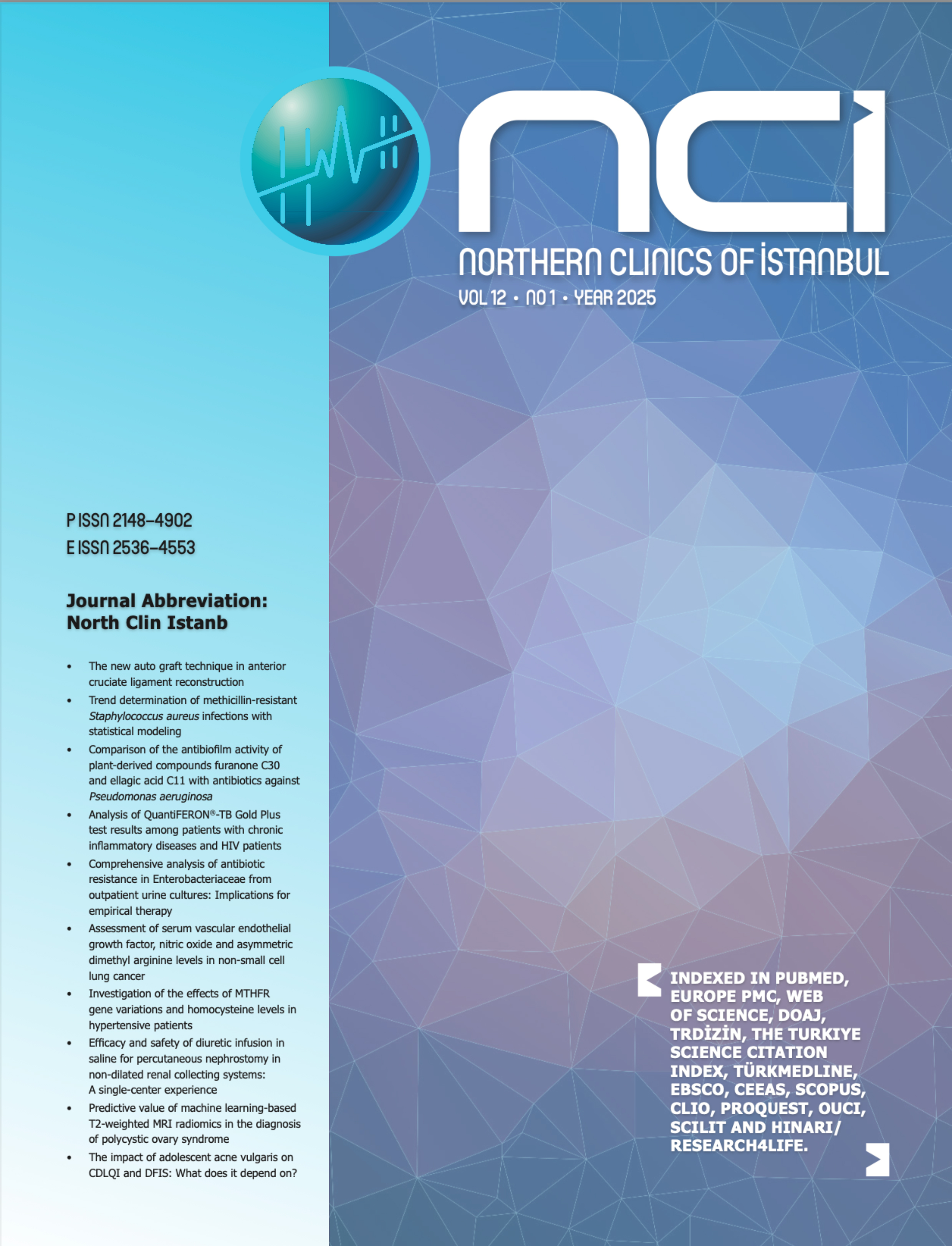The origin of SARS-CoV-2 in Istanbul: Sequencing findings from the epicenter of the pandemic in Turkey
İlker Karacan1, Tuğba Kızılboğa Akgün2, Nihat Buğra Ağaoğlu3, Arzu İrvem4, Gizem Alkurt2, Jale Yildiz2, Betsi Köse2, Ayşe Serra Özel5, Lütfiye Nilsun Altunal5, Nisan Denizce Can6, Yasemin Kendir Demirkol7, Mehtap Aydın5, Özlem Doğan7, Levent Doğanay2, Gizem Dinler Doğanay61Genomic Laboratory (GLAB), Umraniye Teaching and Research Hospital, University of Health Sciences, Istanbul, Turkey; Istanbul Medeniyet University, Science and Advanced Technology Research Center, Istanbul, Turkey2Genomic Laboratory (GLAB), Umraniye Teaching and Research Hospital, University of Health Sciences, Istanbul, Turkey
3Genomic Laboratory (GLAB), Umraniye Teaching and Research Hospital, University of Health Sciences, Istanbul, Turkey; Department of Medical Genetics, Umraniye Teaching and Research Hospital, University of Health Sciences, Istanbul, Turkey
4Department of Microbiology, Umraniye Teaching and Research Hospital, University of Health Sciences, Istanbul, Turkey
5Department of Infectious Diseases and Clinical Microbiology, Umraniye Teaching and Research Hospital, University of Health Sciences, Istanbul, Turkey Istanbul, Turkey
6Department of Molecular Biology and Genetics, Istanbul Technical University, Istanbul, Turkey
7Genomic Laboratory (GLAB), Umraniye Teaching and Research Hospital, University of Health Sciences, Istanbul, Turkey; Department of Pediatric Genetics, Umraniye Teaching and Research Hospital, University of Health Sciences, Istanbul, Turkey
OBJECTIVE: Turkey is one of the latest countries that COVID-19 disease was reported, with the first case on March 11, 2020, and since then, Istanbul became the epicenter of the pandemic in Turkey. Here, we reveal sequences of the virus isolated from three different patients with various clinical presentations.
METHODS: Nasopharyngeal swab specimens of the patients were tested positive for the COVID-19 by qRT-PCR. Viral RNA extraction was performed from the same swab samples. Amplicon based libraries were prepared and sequenced using the Illumina NextSeq platform. Raw sequencing data were processed for variant calling and generating near-complete genome sequences. All three genomes were evaluated and compared with other worldwide isolates.
RESULTS: The patients showed various clinics (an asymptomatic patient, patient with mild disease, and with severe pulmonary infiltration). Amplicon-based next-generation sequencing approach successfully applied to generate near-complete genomes with an average depth of 2.616. All three viral genomes carried the D614G variant (G clade according to GISAID classification) with implications for the origin of a spread first through China to Europe then to Istanbul.
CONCLUSION: Here, we report the viral genomes circulating in Istanbul for the first time. Further sequencing of the virus isolates may enable us to understand variations in disease presentation and association with viral factors if there is any. In addition, the sequencing of more viral genomes will delineate the spread of disease and will guide and ease the necessary measures taken to stem the spread of the novel coronavirus.
Manuscript Language: English





















